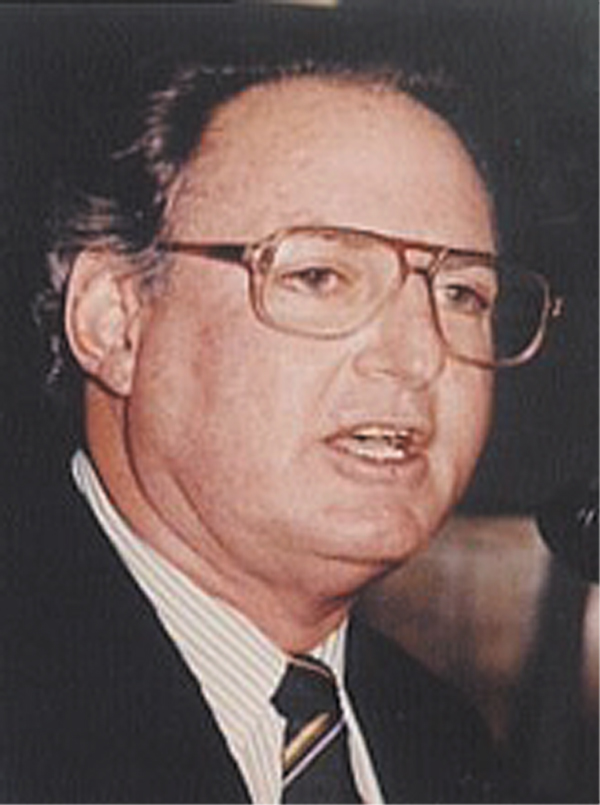`Peace between board and players is vital to dragging the West Indies out of the deep hole dug by long years of inept leadership’
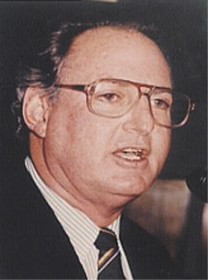
Sir Shridath Ramphal spoke optimistically during the week of having the latest in the never-ending rows between the West Indies Cricket Board (WICB) and the West Indies Players Association (WIPA) settled by the end of this month.
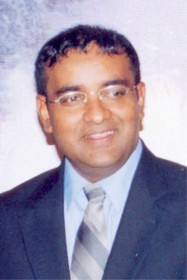
According to the CMC report, the mutually accepted mediator saw it as “critically important that an urgent solution was found” to the dispute over players’ contracts that has led to the second players’ strike in four years.
Agreement, he said, would allow cricket in the region to “return to a state of normalcy.”
Eminent regionalist and international diplomat that he is, the former Commonwealth Secretary General’s confidence is heartening. It would be a masterstroke if he manages to influence a binding accord between two organisations whose relationship has been typified by rancour and hostility for the better part of a decade.
Whether it is realistic is another matter. The evidence is that the WICB is in no mood for compromise just yet.
The final point in the relevant memorandum of understanding on Ramphal’s role, signed by WICB president Julian Hunte and WIPA chief Dinanath Ramnarine following a meeting in Georgetown with Caricom chairman, Guyana’s president Bharat Jagdeo, on July 21, stated that “in light of the mediation agreement which the parties expect to lead to the resolution of outstanding issues, all the players will make themselves available for selection.”
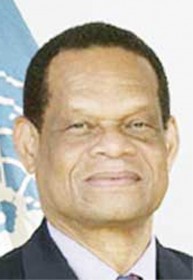
On the face of it, the intention seemed to clear the way for the 13 originally selected players who pulled out two days before the first Test against Bangladesh (and others who rejected calls to replace them) to again be chosen.
By then, the Tests were over and the WICB had already announced the squad for the first two ODIs as well a provisional 30 for the ICC Champions Trophy in South Africa in late September.
Three days after the Georgetown memorandum, it made it plain that the Champions Trophy group was not for changing, even after officials at the International Cricket Council (ICC) revealed that it could do so any time up to August 22.
“This squad was chosen from among those players who declared themselves available for selection for the tournament within the deadline date for finalisation of the 30,” it stated.
It added: “Selection of players by the selection committee of the WICB will at all times be made from the pool of players who make themselves available for selection and based on performance, conduct and demonstrated commitment to West Indies cricket.”
The message seemed clear. Or was it?
Vice-president Dave Cameron told a Trinidad newspaper that the situation would be reviewed by the WICB at its meeting on August 10.
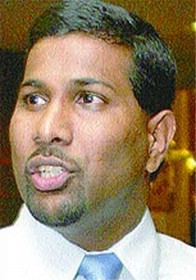
He added: “We have to do business differently and we can’t assume players are available. We have to make sure we have ourselves covered as much as possible.
“We have to request if players are available then get agreement from the players so that we don’t find ourselves in an embarrassing position again. Besides, in that (mediation) agreement, we never said the players were going to be automatically selected.”
Picked in the first place on experience and record, they had a strong case to be called again once they made themselves available.
An explanation as why they haven’t been can be found in Cameron’s comment and in the board’s restated criteria for selection.
It is the second time the board has “found itself in an embarrassing position”. Four years ago, it also had to hurriedly put together a reserve team after players chosen for a tour of Sri Lanka – present captain Chris Gayle, Ramnaresh Sarwan and Dwayne Bravo among them – opted out after another WIPA-WICB spat.
Once bitten, twice shy, the WICB obviously does not consider those who turned down selection this time to have “demonstrated commitment to West Indies cricket.”
It is a challenge that Ramphal must sort out if his mediation is going to succeed. The selectors cannot continue to be compromised by having to choose from little more than half the first-class players.
No one expects the WICB to give in to the WIPA demands for the sake of expediency. That is precisely why it has agreed to mediation in the present case.
But West Indies cannot go to a global event like the Champions Trophy, which they won in 2004 and finished runners-up in 2006, in such circumstances. It would be an insult to the tournament and an unfair burden on players not properly prepared for such a jump.
As Ramphal noted, West Indies cricket “cannot afford a long stalemate.”
Series against two present day powerhouses, Australia in Australia and at home against South Africa, follow in the coming year. The WICB hosts a major global event, the third ICC Twenty20 World championship, next April.
Ramphal’s goal is “for an urgent solution…so West Indies cricket could return to a state of normalcy.”
He was obviously speaking in the context of his remit but for too long normalcy has meant mediocrity – in administration, in facilities, in coaching, in players’ attitudes, in almost every aspect of the game.
It did not take the Bangladesh series to provide the evidence.
The Banglawash of a hurriedly cobbled together team of little international experience on pitches ideally suited to the opposition was no worse than the succession of the other Washes of various types suffered through the first decade of the century by full strength West Indies teams, manned by some of the finest players of their generation.
There are a host of other issues that have to be addressed but peace between board and players is vital to start the long haul of dragging the West Indies out of the deep hole dug by long years of inept leadership.
Ramphal clearly recognises this. It is for the two organisations that sit on either side of him to recognise it too.
